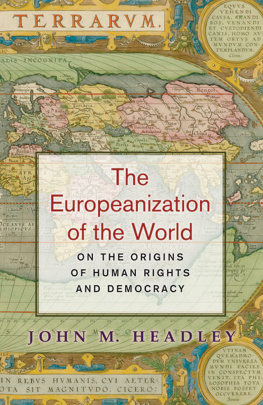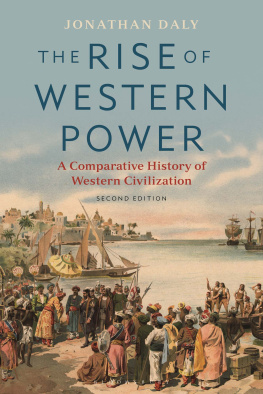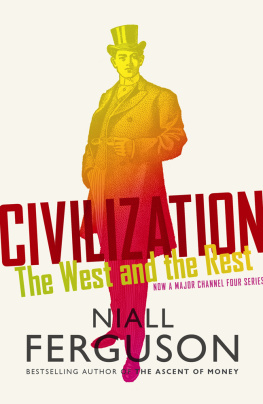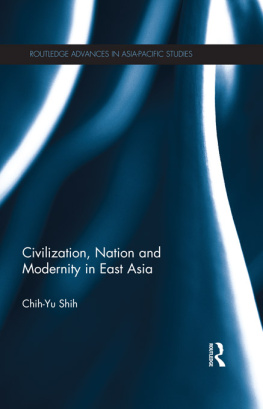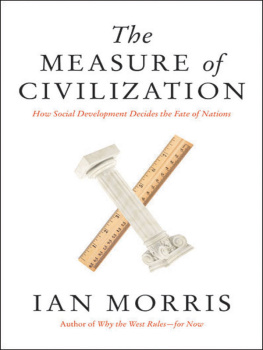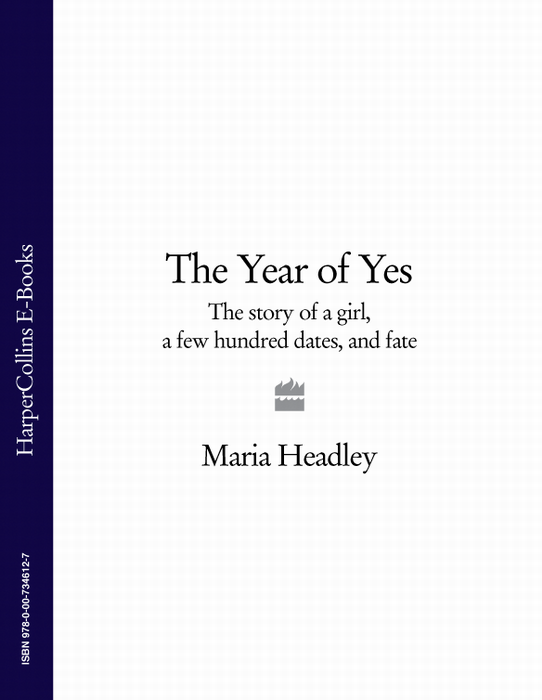The
PROBLEM
with
MULTICULTURALISM
The
PROBLEM
with
MULTICULTURALISM
The Uniqueness and Universality of Western Civilization
John M. Headley
First published 2012 by Transaction Publishers
Published 2017 by Routledge
2 Park Square, Milton Park, Abingdon, Oxon OX14 4RN
711 Third Avenue, New York, NY 10017, USA
Routledge is an imprint of the Taylor & Francis Group, an informa business
Copyright 2012 by Taylor & Francis.
All rights reserved. No part of this book may be reprinted or reproduced or utilised in any form or by any electronic, mechanical, or other means, now known or hereafter invented, including photocopying and recording, or in any information storage or retrieval system, without permission in writing from the publishers.
Notice:
Product or corporate names may be trademarks or registered trademarks, and are used only for identification and explanation without intent to infringe.
Library of Congress Catalog Number: 2011039502
Library of Congress Cataloging-in-Publication Data
Headley, John M.
The problem with multiculturalism: the uniqueness and universality of Western civilization / John M. Headley.
p. cm.
Includes bibliographical references and index.
1. Civilization, Western. 2. Multiculturalism. 3. Human rights. 4. Democracy. I. Title.
CB245.H38 2012
909'.09821dc23
2011039502
ISBN 13: 978-1-4128-5497-9 (pbk)
ISBN 13: 978-1-4128-4762-9 (hbk)
For my brother, Peter Headley, who, with diverse talents, interests, and abilities, nevertheless cared.
Contents
With the United States staggering under the weight of economic recession and all the difficulties left by the administration of George W. Bush, and with the machinery for addressing these issues paralyzed by political polarization and ideological extremism, now might not seem the moment for singing the praises of the West. Even so, certain features of our civilization convey the Wests uniqueness: the influence of its science and technology, the idea of a common humanity, the legitimacy of political dissent and diversity, the process of secularization and the universality of human rights. I have written this book in an attempt to remind us all of the resources of the West and how they can serve to address our current problems.
The most significant debt for this book is owed to Bruce Mazlish, who put me in touch with the director of Transaction Publishers, Louis Horowitz. Although I have not had the good fortune to meet him, I have in correspondence and communication been impressed by Horowitzs kindness, humor, and general humanityqualities rare and particularly appreciated. Without these two gentlemen, nothing.
It has been my good fortune to have had ready access to outstanding professionals. A long-standing friendship with Ronald Witt allowed me to benefit from his reading, criticism, and advice regarding . Finally, to my brother, Peter Headley, who volunteered to read the manuscript, this book is dedicated.
The horrors of the past century, so much a product of Western nations, hardly serve to advance any appreciation for the virtues of Western civilization. Indeed, during the past several decades the criticism of the West has mounted despite its engagement of people of the earth through the idea and reality of a common humanity. The effort to smother any sense of the Wests uniqueness and to endow all other societies with the Wests liberal philosophy and practices, such an effort of equalization may prove politically profitable and serve to promote acceptance among the peoples of the earth, but is it true? Does it not dodge, even deliberately fail, the purpose of educating our youth in the peculiar features of their own civilizationits very establishment of the idea of a common humanity, of human rights, and of the legitimacy of dissent and diversity? The present study addresses that uniqueness, how it plays out among other peoples and civilizations, and the necessity of incorporating a more accurate understanding of our civilizations role into our educational system.
While the present work comes late to focus on the flaw in the program of multiculturalism and to emphasize the commitment of the American nation to world betterment and understanding, its principal task is to establish the uniqueness and universality of the West. For this reason, it seeks at its outset the framework of civilization rather than that of the nation-state, and it proceeds to argue for the Western uniqueness present from the very beginnings but becoming more evident and aggressive in the development of a secular, this-worldly context. The political features of Western uniqueness have been analyzed earlier as moving to create, first, the shape of a common humanity, with its attendance of human rights, and second, the legitimacy of political dissent and consequent diversity.1 With the definition and appreciation of humanity no longer simply as a subjective personal attribute but now more frequently as referring to the universal collective of all peoples and societies, this global reality has been defined as emerging clearly after World War II. Nevertheless, it has long roots, going far back into the Christian past to be advanced more recently and more secularly by the concept of natural law. But wedded to this perception of the universality of the human is a further major political principle coming prior to recent modern eventsnamely, the legitimacy of political dissent leading to diversity. In the present work we go beyond the expressly political inheritance prior to the twentieth and even the nineteenth century to appreciate the further advance and development of Western civilization in terms of secularization: the generous exploration of the saeculum, which will free the inherent expansiveness of the Westwhat I have here called the universalizing processfrom the tentacles of religion and religious culture and allow the West to extend its influence more readily to other civilizations and peoples. In short, the first and principal task of this book is to establish the othernessthe uniqueness and universalizing forceof the West, and only then to critique multiculturalisms failure to recognize this peculiarity. We are the Other.
Among the most disturbing of all the orthodoxies currently afflicting the United States, one begetting division, sectarianism, and contempt for the preeminent agent of repair, is the present fad of multiculturalism. Its wild plumping for diversity and deliberate disparagement of the West can only lead to the loss of a common culture, with its broad acceptance of certain norms and conventions of behavior. Multiculturalism claims to be committed to the laudatory, if obvious, pursuit of engaging and understanding all the peoples of the earth. But its approach seeks instead to validate rather than to understand those societies and civilizations different from our own, to attribute to them a questionable or even undue priority in human advancement, and to denigrate or ignore the Wests achievement and the uniqueness of American constitutionalism. The unhappy effect serves only to contribute to the degradation of American education.
It may seem inappropriate for a political liberal, rather than a rock-solid Republican, to address such a matter, and even more inappropriate for a historian of the early modern period, not of the twentieth century. Nevertheless, the greater perspective afforded by an awareness of the earlier period serves to reveal the basic principles operative in our civilization and usually ignored in current ongoing discussions of the subject.


